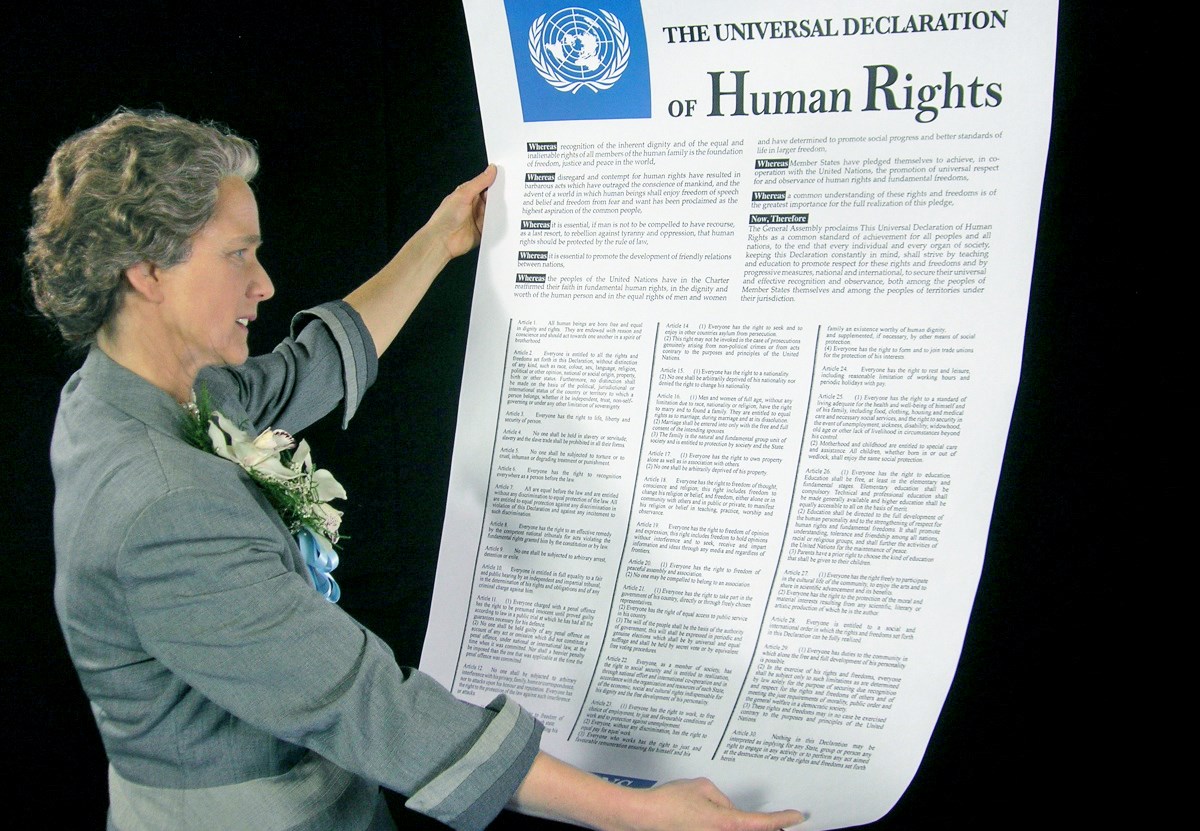Human Right of Free Access to Public Legal Information (Law) Advocacy Website
The Human Right of Free Access to Public Legal Information (Law) Advocacy (HURAPLA) website (Human Right of Free Access to Law) contains free law books, law eBooks (e-Books), law articles, and other legal resources by Dr. Leesi Ebenezer Mitee on his pioneering proposal for the universal recognition of the right of access to law (all categories of public legal materials) as a substantive or stand-alone human right, based on the ten criteria for recognition of new legal rights as human rights.
Those ten criteria go beyond the criteria (substantive requirements) that Philip Alston, for instance, listed in his peer-reviewed academic article, “Conjuring Up New Human Rights: A Proposal for Quality Control”. This website also features the International Legal Directory of Lawyers, Law Firms, and Law Lecturers (Legal Academics, Law Teachers, and Law Professors) and the Global Human Right of Free Access to Law Discussion Group for Citizen Legal Education and Professional Legal Network.
You have to register as a user of this website, after which you will have full access to the resources of the website, including access to some special items in the Human Right of Free Access to Law Advocacy Free Digital Legal Library where you can download free law books and other premium legal resources.
Registration requires only your username, email address, and a new password. It is absolutely FREE. Click here for your free registration.
The Pioneering Human Right of Free Access to Public Legal Information (Law) Advocacy
This is the first, and perhaps the only, website that is wholly dedicated to the global advocacy of the universal recognition of the right of free access to public legal information (the right of free access to law) as a substantive or stand-alone human right that Dr. Leesi Ebenezer Mitee pioneered in 2017.
The advocacy is based on the proposal in Dr. Leesi Ebenezer Mitee’s upcoming book (and eBook), Developments in Human Rights Law and the Proposed Human Right of Free Access to Public Legal Information: The New Human Rights-Advocacy Approach and the Ten Criteria for the Formal Recognition of New Human Rights, ISBN 9789083108520 (eBook) and ISBN 9789083108506 (Paperback), which is Volume 1 of his New Human Right of Free Access to Public Legal Information Book Series (published by Koinonia Legal Research and Book Publishing, The Netherlands).
This Book Series consists of four books that contain twenty-two (22) modern academic article-style independent but interconnected chapters of original, multidisciplinary, law-reform, and policy-relevant research on free local, regional, national, and global access to all formats (physical and digital or electronic) of all categories of law (including indigenous customary law via huricompatisation. Dr. Leesi Ebenezer Mitee invented the indigenous customary law huricompatisation ascertainment model in 2017, which is published in Volume 4 of this Book Series. The book title is The New Human Rights-Based Huricompatisation Model of Ascertainment of Indigenous Customary Law: Strategies for Adequate Local and Global Public Access.
The Proposal for the Universal Recognition of the Right of Access to Public Legal Information as a New Human Right
The pioneering proposal is in Chapter 8 (The Pioneering Proposal for the Universal Recognition of the Right of Free Access to Public Legal Information as a Substantive Human Right) in the said book (and eBook).
The proposal is a substantial academic treatise on the justification for the the universal recognition of the right of free access to public legal information as a human right. The issues discussed extensively in the proposal include the following:
- The lack of political will as the root cause of inadequate access to public legal information; the existence of the right of public access to legal information as a legal right;
- A review of the existing literature and views on the right of public access to legal information as a human right which reveals the gaps in the discussions;
- The reasons the right qualifies for its universal recognition as a human right; the proposal for its formal universal recognition as a human right under the proposed new United Nations Convention on the Right of Access to Public Legal Information; and
- A discussion of the principles that should form the essential contents of the Convention, which incorporate The Hague Conference Guiding Principles to be Considered in Developing a Future Instrument.
